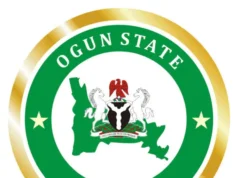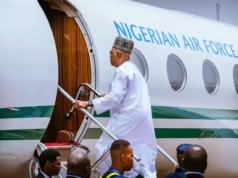Education in Africa is at a turning point, and Lagos is firmly at the centre of this transformation. As the continent continues to grapple with how best to prepare children for a rapidly changing world, a new generation of educators is stepping up to lead conversations on innovation, wellbeing, and impact.
The Africa Educational Management and Leadership Forum (AEF) Education Summit 2025 has officially unveiled the list of speakers, and among them are five outstanding Lagos school proprietors whose voices have consistently shaped the narrative of progressive learning in Nigeria.
The free virtual summit, scheduled for Saturday, October 11, 2025, will bring together education leaders, teachers, policymakers, and researchers from across Africa. The aim is not just to talk about education but to share workable strategies that can be applied in classrooms, schools, and communities.
The organisers, in a press release, confirmed the participation of the following Lagos-based educational leaders:
- Abimbola Ogundere, CEO of Kids’ Court School
- Omobola Olarigbe, Director of Ikija Day School
- Adeleke Adesina, CEO of Rock Empire Group of Schools
- Hilda Adamatie, Co-Director of Spring Lake School, Lekki
- Dr Opeyemi Ogunyomi, Assistant Professor of Psychology at Canadian Mennonite University
These names are not just random selections; they represent a cross-section of Nigeria’s evolving education sector—from early childhood to psychology-driven approaches to learning.
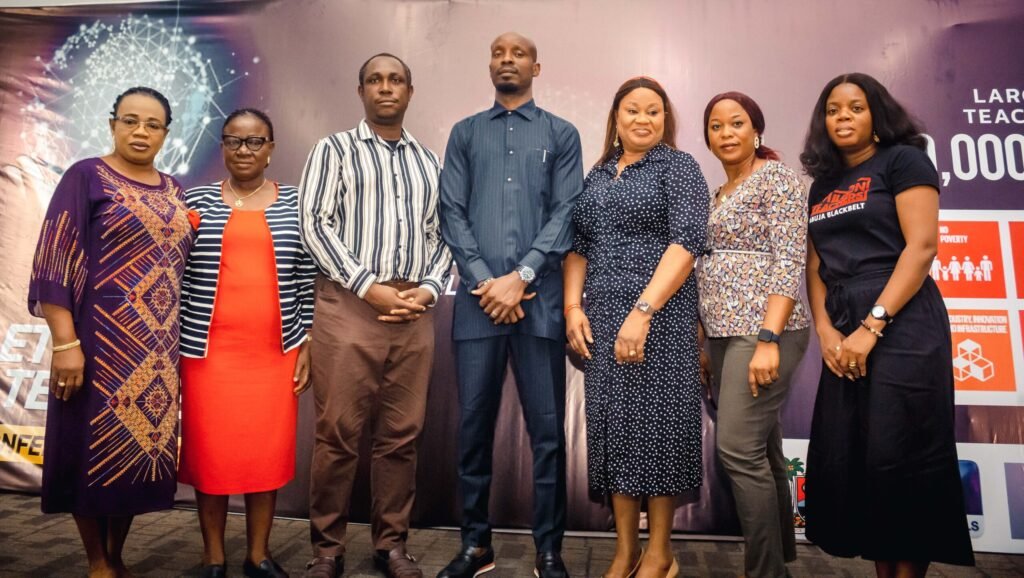
Table of Contents
Summit Theme: Teaching in a Changing World
The 2025 edition of the AEF Summit is themed “Teaching in a Changing World: Innovation, Wellbeing & Impact.” At first glance, these may seem like trendy buzzwords, but in today’s educational climate, they capture the heart of what is at stake.
- Innovation: Schools across Africa are realising that the old “chalk and talk” method is no longer sufficient. Learners need critical thinking skills, digital literacy, and creativity to thrive. Lagos schools, especially private institutions, are experimenting with blended learning, robotics clubs, and interactive teaching.
- Wellbeing: Teachers are the backbone of education, yet many struggle with burnout, stress, and lack of resources. The summit intends to highlight ways to safeguard mental health for both educators and learners, ensuring classrooms remain safe and supportive spaces.
- Impact: Beyond lofty policies and theories, African parents and communities want results. What difference does schooling make in the life of a child? Are schools truly preparing young people for the world of work, entrepreneurship, or further education? Impact is about measuring progress and ensuring no child is left behind.
This three-pronged approach makes the summit particularly relevant, not only for Nigeria but for Africa as a whole.
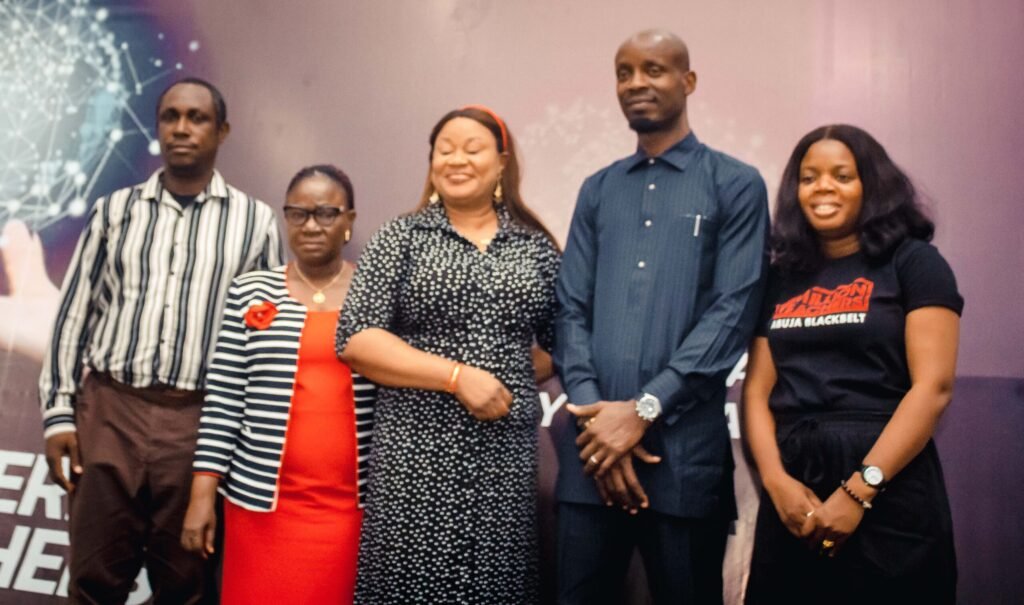
Lagos Voices Elevating the Conversation
The inclusion of Lagos-based school proprietors is significant. Lagos, often seen as the heartbeat of Nigeria’s economy, also hosts some of the country’s most innovative schools. By featuring leaders from this environment, the summit creates space for local experiences to inform global solutions.
- Abimbola Ogundere (Kids’ Court School): Known for her child-centred philosophy, she has pioneered creative learning methods that balance academic excellence with emotional intelligence.
- Omobola Olarigbe (Ikija Day School): Her voice represents the challenges and triumphs of running community-based schools that serve diverse families.
- Adeleke Adesina (Rock Empire Group of Schools): A strong advocate for technology-driven education, he brings insights into how Nigerian schools can adopt digital tools despite infrastructure challenges.
- Hilda Adamatie (Spring Lake School, Lekki): Co-director of one of Lekki’s thriving schools, she highlights what it takes to maintain quality in competitive urban environments.
- Dr Opeyemi Ogunyomi (Canadian Mennonite University): Though based in Canada, her Lagos roots and psychology background allow her to bridge mental health research with classroom realities in Africa.
Together, these voices paint a holistic picture of what education in Lagos—and by extension, Nigeria—looks like today.
Why This Summit Matters for African Education
For many parents and teachers in Nigeria, education has become a battlefield of competing priorities. Parents want their children to excel academically, but also to develop resilience, creativity, and moral grounding. Teachers want to deliver quality lessons, but often struggle with limited resources and systemic pressures.
This is why summits like AEF’s matter. They serve as knowledge-sharing platforms, breaking down the silos that often separate schools across regions. Lagos school proprietors, by participating, demonstrate that Nigerian schools are not just passively observing global education trends—they are actively shaping them.
The virtual format also means the summit is accessible. Educators from rural areas, policymakers from neighbouring countries, and parents eager to understand the future of schooling can all tune in without cost. This democratisation of knowledge is a step towards ensuring that quality education is not a privilege, but a right accessible to all Africans.
In the bigger picture, the participation of Lagos school leaders is not only about personal recognition but also about positioning Nigeria as a key voice in Africa’s education renaissance. By tackling issues of innovation, wellbeing, and impact, the summit pushes the continent closer to meeting the United Nations Sustainable Development Goal 4—quality education for all.
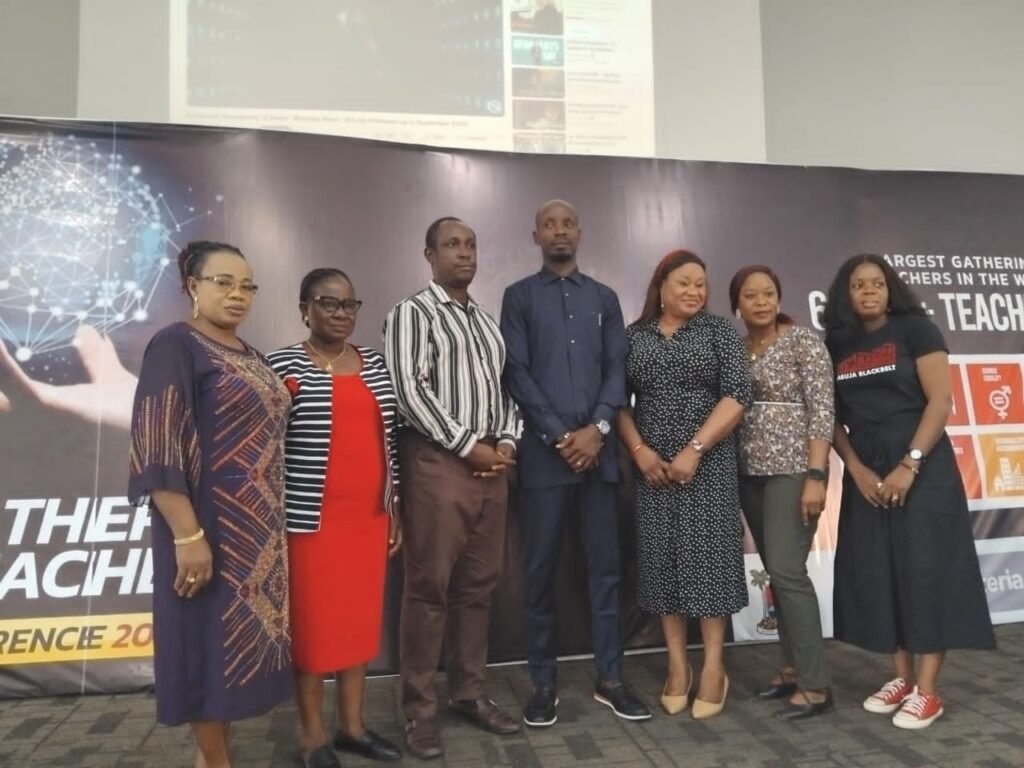
Conclusion
The announcement of Lagos school proprietors for the Africa Education Summit 2025 is a reminder that Nigeria is not just producing graduates—it is producing leaders capable of reshaping education across the continent.
As October 11 approaches, anticipation is building. Teachers and school owners in Lagos will be listening closely, hoping to gather fresh insights they can adapt in their classrooms. Parents, too, will be watching, eager to see how new strategies might translate into better learning outcomes for their children.
Education is changing, and Nigeria cannot afford to lag behind. With Lagos voices taking centre stage at this summit, the message is clear: the future of African education is being written today, and Lagos is holding the pen.
Join Our Social Media Channels:
WhatsApp: NaijaEyes
Facebook: NaijaEyes
Twitter: NaijaEyes
Instagram: NaijaEyes
TikTok: NaijaEyes
READ THE LATEST EDUCATION NEWS




